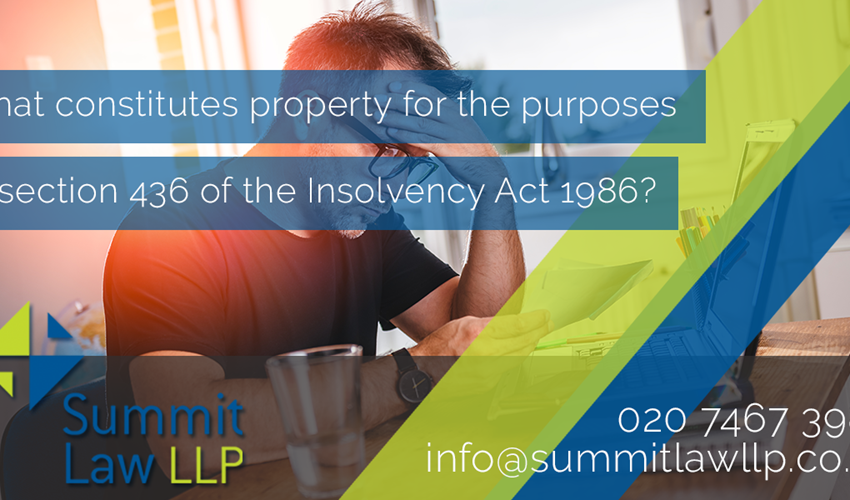COVID-19 Update
We are all seeing that the COVID-19 situation continues to evolve daily, so at Summit Law we are doing everything we can to ensure that we keep our team safe, whilst maintaining the delivery of our high quality and professional services that our clients rightly deserve. As you would expect from a Law Society Lexcel […]









